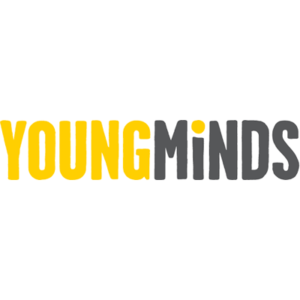Data from the UK’s Office of National Statistics (ONS) highlighted 4.7 million unpaid carers in England alone.
The census, last conducted in 2021, further identifies 120,000 young unpaid carers in England and 8,200 in Wales. These young carers ranged in age from as young as 5 to 17 years old. Although large, this figure is widely considered an underestimate. This is due to the fact that for many children and young people their caring role is “hidden”. Young people in caring roles are often not identified as carers, either formally or by their own self-definition. This is particularly so when a child is caring for a family member with a mental health issue.
Young carers often take on practical and/or emotional caring responsibilities that would normally be expected of an adult. A young carer may take on additional practical tasks, such as:
- Cooking
- Housework
- Managing the family budget
- Collecting benefits and prescriptions
- Administering or monitoring medication
- Looking after younger siblings
- Providing significant emotional support
Without appropriate support and information, these roles can impact heavily on a child or young person. It can also have significant influence in terms of the child’s own wellbeing, educational attainment and future life opportunities.
At the Meriden Family Programme, we believe that working with the whole family is really important. It can be an excellent opportunity to develop relationships with young carers and provide age-appropriate information, signposting and practical coping strategies. The following elements of BFT promote positive outcomes for young people in a caring role:
- Family communication skills
- Problem solving skills
- Working towards clear personal goals
Useful resources

Young Carers Films
www.youtube.com
Tees, Esk & Wear Valley NHS Foundation Trust have produced an excellent series of four short films from the perspective of young carers. The films feature young carers talking about their lives, themselves, their families and their experiences of caring for family members who are experiencing mental health issues.
Many thanks to everyone involved in the creation of these brilliant films, with special thanks to Sloth, Benny, Ryan, Monica, Poppy and Rae for sharing their stories.
Visit website





